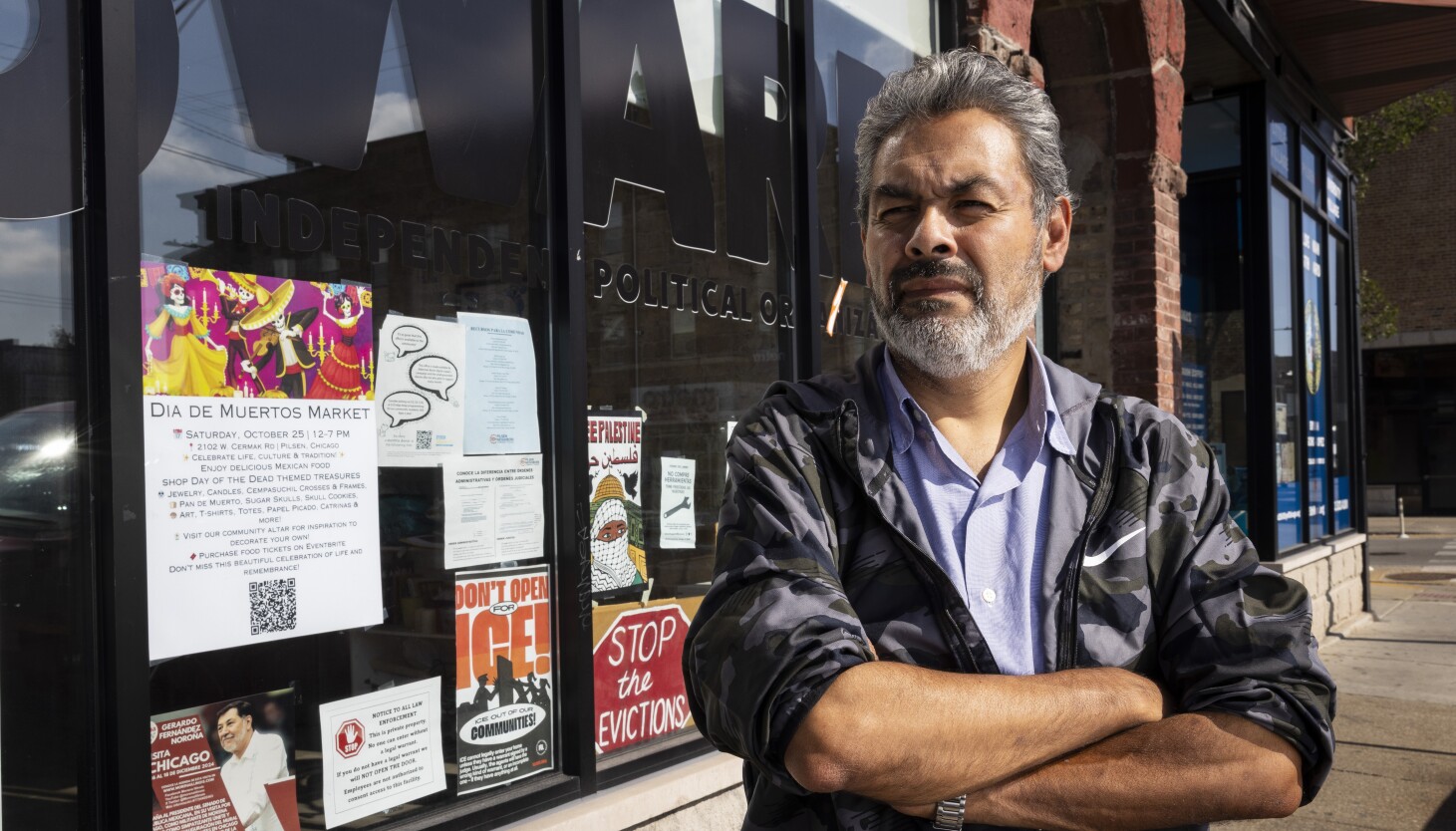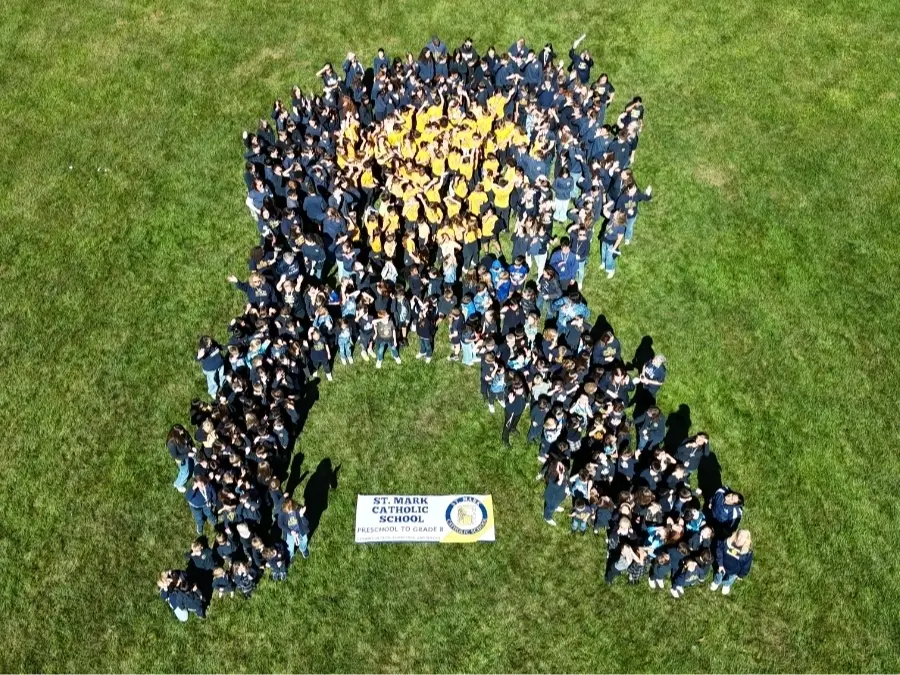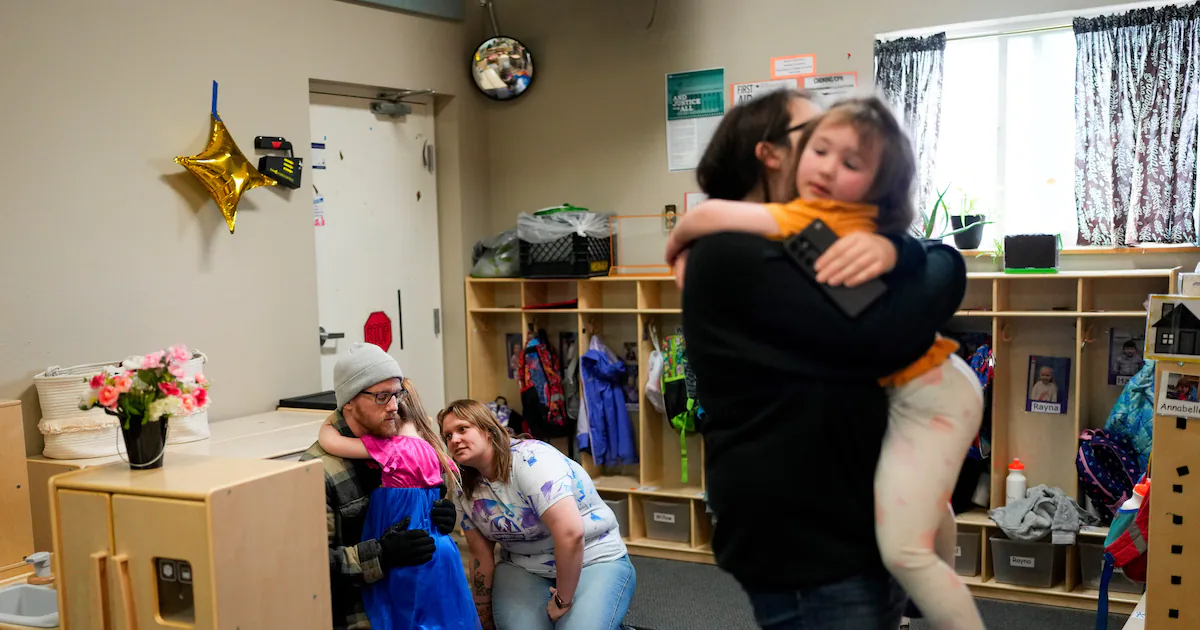Copyright Chicago Sun-Times

Manuel Castro says his phone has been ringing nonstop with calls from people in the Chicago area who want to return to Mexico rather than risk being caught up in an aggressive immigration raid, sent to detention and deported. “They are starting to see the violence where ICE agents are coming to [homes] without warrants, where they break your [car] windows, basically they are terrorizing [people],” says Castro, a coordinator with Coalicion de Migrantes Mexicanos, a grassroots organization that advocates for Mexican immigrants. “They are starting to say this is not OK. I’m done.” But the decision to go back to Mexico after years — or in some cases, decades — in the United States isn’t as simple as packing up a suitcase and buying a plane ticket. It’s why Castro has been hosting free online workshops to help people understand and navigate the practical steps and emotional aspects of starting over. Castro begins the workshop by telling participants to slow down and make sure they have a detailed plan. This includes thinking about everything from their finances to obtaining the right documents they’ll need to access basic services in Mexico. It also means getting familiar with Mexico’s cumbersome repatriation process. “If you want to enroll your child in school, for example, you must prove that he or she is your child,” he tells the workshop participants. They’ll also need to fill out paperwork and obtain various ID cards if they want to be able to work, access healthcare, pay taxes or simply open a bank account. He recommends parents with American-born children apply to get them dual citizenship. This makes it easier to navigate the Mexican public education system, he explains. Castro also suggests people think about selling their property or transferring their financial assets to someone they trust in Chicago. People relying on savings when they return should create a budget, he adds. “Talk with your family, talk with your friends, try to make an assessment of how much money you have,” Castro advises. He recalls some people telling him, “‘I don’t have anybody over there, and I have just a little bit of savings — $5,000 to $10,000.’” He said that’s not a lot of money, especially if people don’t have a support network back home: “We will explain to them it’s going to be a difficult situation.” Many Mexican immigrants have built a life in the Chicago area despite their immigration status. Chicago is home to 227,715 people who were born in Mexico, according to census data analyzed by WBEZ, although this is likely an undercount. But this year, more Mexicans were deported from the Midwest than any other nationality under President Donald Trump’s mass deportation campaign, a WBEZ analysis of data from the Deportation Data Project found. That’s something participants in Castro’s workshop want to avoid. “I’ve already shipped everything to Mexico,” a participant who identified herself as Luz said in Spanish during the session with 28 others. Luz says she lived and worked in the United States for decades but is now planning to leave in November. “I’ve sent blenders, computers, printers, TVs.” But she still had many questions about what else she needed to do in preparation for returning to her native city of Veracruz. And she is feeling the stress of this decision. She says her adult children are helping her prepare emotionally for the difficult transition. “They tell me, ‘Mom, we are all grown up now, and it’s going to be different back there,’” she says. They have reassured her that they will help support her. They tell her, after working hard for so many years in Chicago, ‘It’s OK to take a break.’ Castro tells her that seeking emotional support is important. He also urges Luz and others to get better informed about a new program established by the Mexican government in January this year called México te abraza, or “Mexico welcomes you.” It’s aimed at assisting deported and repatriated Mexicans during their reintegration, with a focus on access to basic services, economic stability and social inclusion. But some Mexicans who’ve already made the decision to leave voluntarily say the process of getting any support from the Mexican government can be confusing and complicated. Christian Vázquez says it’s been hard to find clear, accurate or consistent information about the repatriation process, either online or through the Mexican Consulate in Chicago. Vázquez has lived in Chicago for 20 years. He and his wife have two children. But he says the anti-immigrant rhetoric created a lot of anxiety, especially for his kids. “They lived with the worry that at any moment something could happen to us due to immigration issues.” Vázquez’s wife and kids are already back in Mexico. The couple made the decision to return before running the risk of being abruptly separated by U.S. Immigration and Customs Enforcement. Vázquez is still in Chicago, closing that chapter before he, too, goes back to Mexico. The Mexican Consulate in Chicago did not respond to questions about the repatriation process. In the last few weeks, Castro has spoken with about 50 people. As devastating as it can be to uproot a life and leave a country that’s been home for years, he expects he’ll be hearing from even more people making this difficult decision.



